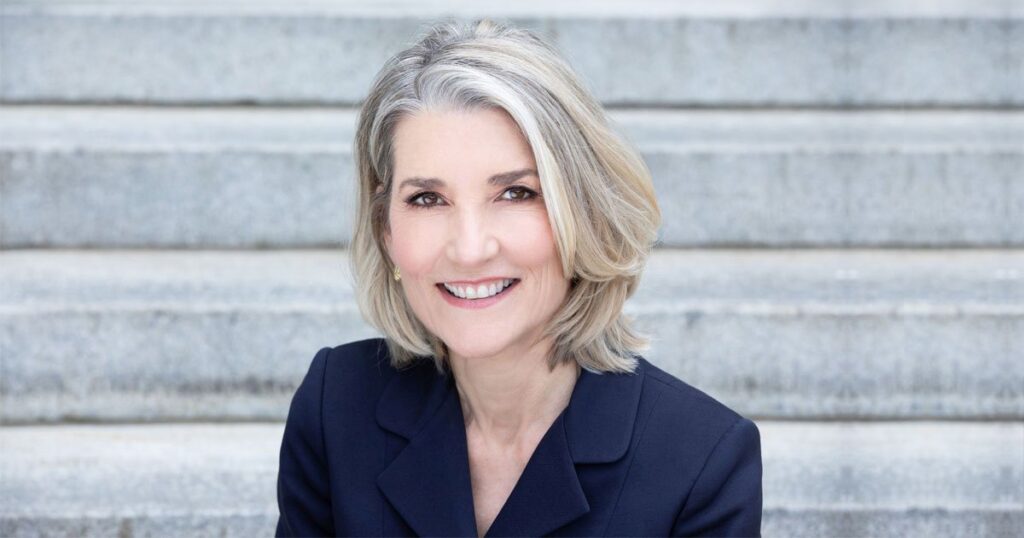The Need for Psychological Safety in Uncertain Times

Amy C. Edmondson is the #1 management thinker in the world according to Thinkers50. She is also the Novartis Professor of Leadership and Management at the Harvard Business School. She spoke with us recently about why psychological safety matters, how to cultivate it, and why she has focused her career on it.
Q: What led you to focus on psychological safety?
I think I always worried too much about what people think. I was conflict-averse and risk-averse. I wanted people to think well of me, not to think not well of me. There was something deeply intuitive about not feeling safe to bring my real self forward.
Q: Your most recent book is The Fearless Organization. Why is a fear-free culture essential in the knowledge economy, especially in these fast-changing times?
It’s a great book title but I want to be precise and say I don’t think we should be fearless. We should be afraid of things it is rational to be afraid of, like that little virus. We should be afraid of a worthy competitor in another organization. We shouldn’t be afraid of each other. We need to have less interpersonal fear to succeed in the modern economy.
Here’s why: There has never been more uncertainty nor more interdependence. We are utterly stuck with relying on each other to get work done, and we can’t do that if we are tied up in knots about wanting to look good. If some portion of energy or effort is caught up in fear of looking good, that portion is not available for your work.
Q: There is a lot of misunderstanding about what psychological safety at work actually means. As you’ve put it, it doesn’t mean “anything goes.” So, how do we balance psychological safety and performance?
Psychological safety is about giving each other the benefit of the doubt. It definitely does not mean anything goes. I think it is important to keep refreshing a culture of learning and trying new things. Some will work, and some won’t. We’re learning new things all time. We also need a culture of ambition and aspiration. The horizontal access to me is motivation, and the vertical access is a learning climate or psychological safety. A leader has two important jobs: One is the motivation dimension, and the other is creating a learning environment or psychological safety. I believe you need both for excellence.
Q: Did the pandemic change your thinking about how leaders create psychological safety?
That’s such a good question. The truth is it’s a work-in-process. One of the things I’m interested in and think is still a little anecdotal is how remote work affected psychological safety. I think remote work by and large made us feel more disconnected; and when we’re more disconnected, we don’t feel as safe with each other.
Some have said I feel safer because I’m working in my own home, especially some women and women of color who are not coming up against daily slights. But they are also not front of mind. I would argue that remote work is more comfortable but not psychologically safe. There is a real risk of getting even more disconnected.
Q: It sounds like you would warn against the romanticizing of remote work.
Oh, yes. It was so good we were able to do it. If you are on a shipwreck and a piano floats by, it can become your lifesaver but that is not how you design your life, as Buckminster Fuller said. During the pandemic, we were all sent home and able to do a facsimile of work but I would not say that is how we want to design our work.
Q: Finally, since this is financial literacy month, I have to ask: What advice do you have for how women can develop more of a sense of psychological safety about asking to be paid what they deserve?
One thing we know with respect to psychological safety is that the biggest difference between men and women is that women are less willing to speak up with the same level of confidence. When it comes to asking for a raise, this can translate to Will you think I’m greedy or overstepped or, wow, who does she think she is?
Psychological safety is fundamentally the ability to be candid. That should include being candid about what you think you’re worth. You can cultivate it yourself but it is better to have the support of a group. So, I would say join a network of women. Get together, work together, connect.